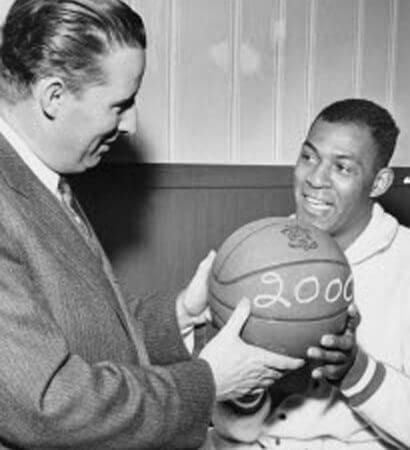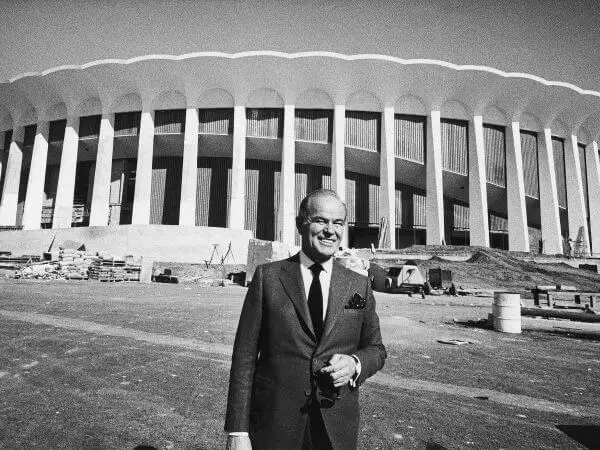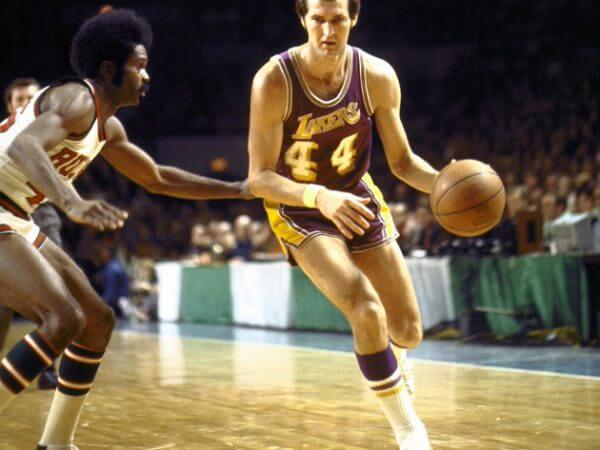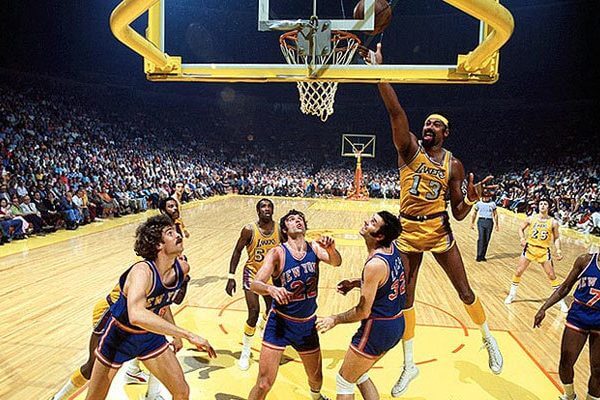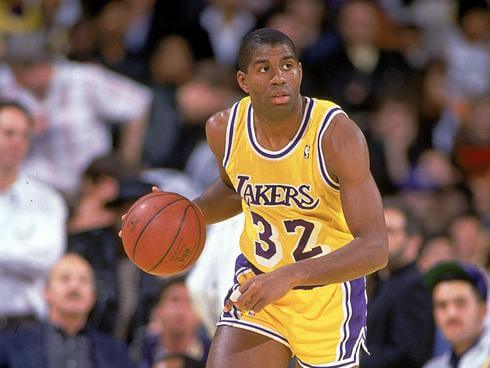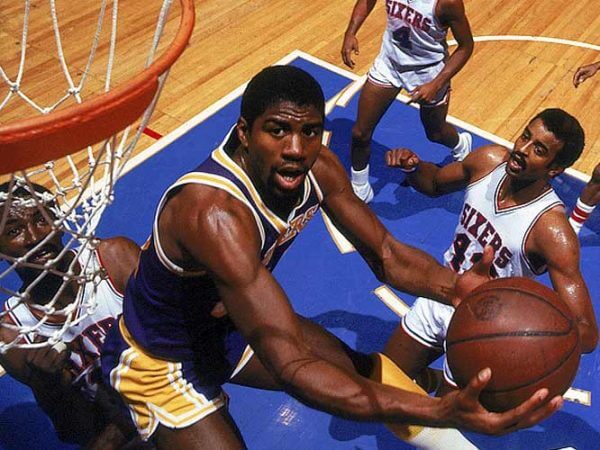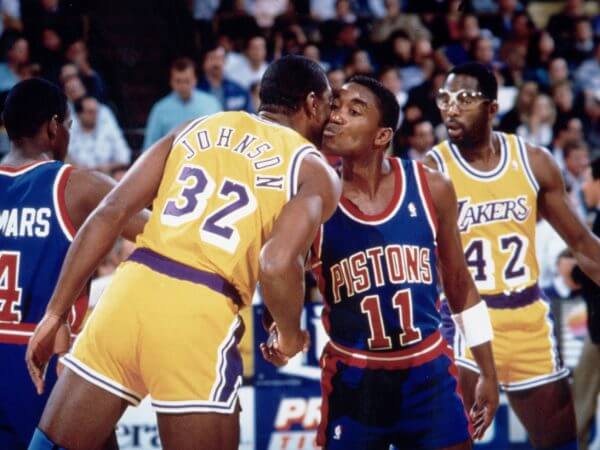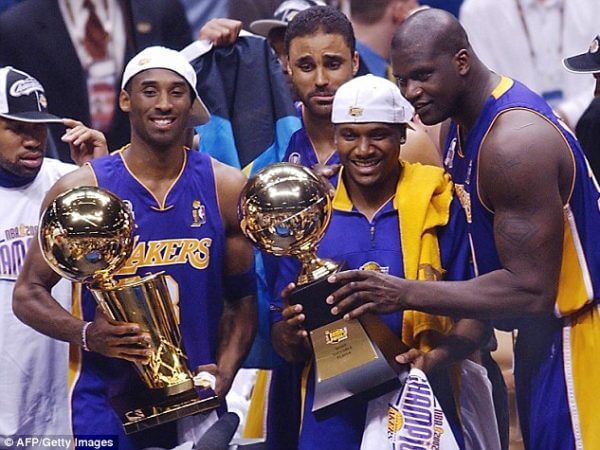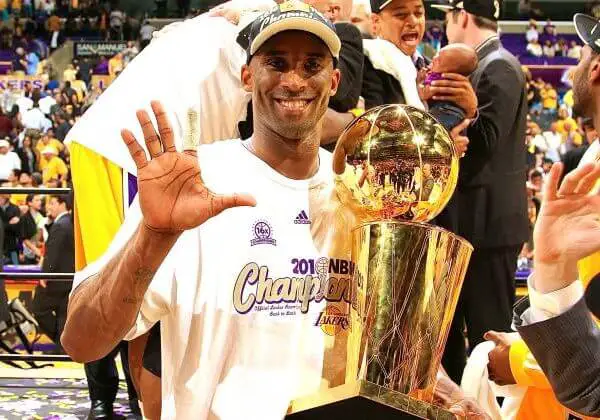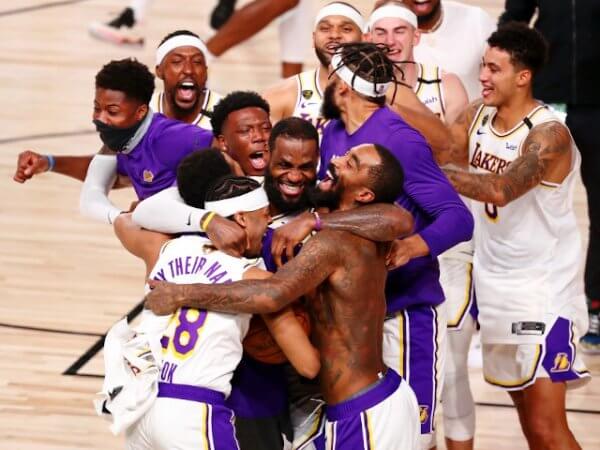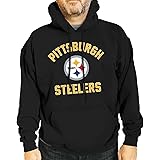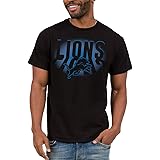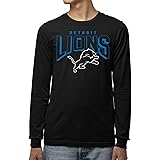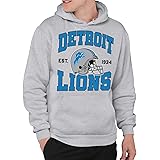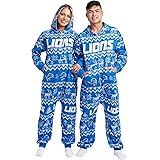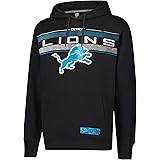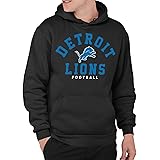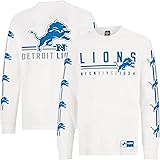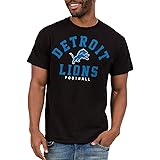
Established
1947
City
Minneapolis – Los Angeles
League History
1949 – Present / National Basketball Association
1948 – 1949 / Basketball Association of America
1947 – 1948 / National Basketball League
Team History
1960 – Present / Los Angeles Lakers
1947 – 1948, 1948 – 1960 / Minneapolis Lakers
Nickname
Lakers – The Los Angeles Lakers are among the most iconic teams in the NBA, and their nickname is just as legendary. You can also read the article "The Greatest NBA Players" we have discussed some popular players of NBA along with their contributions. But where did it come from? Let's examine how the Lakers got their name and what it means to sports fans worldwide.
The team was founded in Minneapolis, Minnesota, in 1947 as The Minneapolis Lakers. As you may have guessed, this name was chosen due to Minnesota’s famous 10 000 lakes! This nickname paid homage to its home state and local landscape, which still resonates with fans today when they cheer on “the lake show” at Staples Center.
When owner Bob Short moved his team from Minnesota to Los Angeles before the season 1960-61, he decided not to change their original moniker but add "Los Angeles" before it, thus creating The Los Angeles Lakers we know today! And so began an era of dominance for one of basketball's greatest franchises: winning 16 championships since moving westward over 60 years ago (including five straight titles between 2000-2010).
Sports fanatics everywhere recognize that being a Laker fan isn't just about watching great basketball. A deep sense of pride is also attached to being part of such an esteemed organization whose history dates back nearly 75 years ago when they were first established as The Minneapolis Lakes. It doesn't matter if you're cheering them on courtside or following along online; donning purple & gold is always a surefire sign that you've joined one very special family!
Championship
NBA Championships 12
2020, 2010, 2009, 2002, 2001, 2000, 1988, 1987, 1985, 1982, 1980, 1972, 1954, 1953, 1952, 1950, 1949
Arena
2000 – Present / Staples Arena
1967 – 1999 / The “Fabulous” Forum
1960 – 1967 / Los Angeles Memorial Sports Arena
*Minneapolis*
1947 – 1960 / Minneapolis Auditorium
Owner
2013 – Present / Buss Family Trust
1979 – 2013 / Jerry Buss
1965 – 1979 / Jack Kent Cooke
1957 – 1965 / Bob Short
1948 – 1957 / Ben Berger and Morris Chalfen
- 1960
- 1967
- 1972
- 1972
- 1979
- 1980 - 1982
- 1985-1988
- 2000 - 2002
- 2009 - 2010
- 2020
-
Move To Los Angeles – Lakers
In 1957, the team was nearly sold to Kansas City interests who planned to relocate it there, before a local group helmed by businessman Bob Short purchased the team and kept it in Minneapolis. The new ownership was unable to cure the team’s financial ills, however. After considering moves to Chicago and San Francisco, Bob Short decided to move the ... -
The “Fabulous” Forum
The Lakers moved to Cooke’s brand-new arena, The “Fabulous” Forum, in 1967 The circular, US$16 million structure was designed by renowned Los Angeles architect Charles Luckman and was intended to evoke the Roman Forum. The arena seats 17,505, for basketball, 16,005, for ice hockey, and up to 18,000 for concerts; it has no luxury suites but held an unprecedented 2,400 ... -
Record: 33 Straight Wins
By winning 33 straight games, Los Angeles set a record for the longest winning streak of any team in American professional sports. The Lakers won 69 games that season, which stood as the NBA record for 24 years until the Chicago Bulls won 72 games in 1995 – 1996. -
NBA Finals Winner 1972
NBA Finals – 1972 The 1972 NBA World Championship Series was played at the conclusion of the 1971 – 1972 NBA season. The Western Conference Champion Los Angeles Lakers defeated the Eastern Conference Champion New York Knicks in five games. The Los Angeles Lakers got their first NBA championship since the Lakers moved to Los Angeles from Minneapolis. -
Drafting Magic Johnson
In the 1979 NBA draft, Los Angeles selected 6-foot, 9-inch point guard Magic Johnson from Michigan State with the first overall pick. It took Johnson’s teammates time to acclimate themselves to his passing ability, as his “no-look” passes often caught them unaware. Once they adjusted, his passing became a key part of Los Angeles’ offense. The Lakers won 60 games ... -
NBA Finals Winner 80′ and 82′
NBA Finals – 1980 The 1980 NBA World Championship Series was the championship round of the 1979 – 1980 NBA season. In Game 6, Magic Johnson played what may have been the greatest game of his career. Playing on the road in Philadelphia, Magic (a 6’9″ point guard) started the game at center and eventually played all 5 positions in ... -
NBA Finals Winner 85′ 87′ 88′
NBA Finals – 1985 The 1985 NBA World Championship Series was the championship round of the 1984 – 1985 NBA season. The Los Angeles Lakers defeated the Celtics four games to two to defeat the Celtics for the first time in Laker history in the NBA Finals. NBA Finals – 1987 The 1987 NBA Finals was the championship round of ... -
NBA Finals Winner 00′ 01′ 02′
NBA Finals – 2000 The 2000 NBA Playoffs was the postseason tournament of the National Basketball Association’s 1999 – 2000 season. The tournament concluded with the Western Conference champion Los Angeles Lakers defeating the Eastern Conference champion Indiana Pacers 4 games to 2. Shaquille O’Neal was named NBA Finals MVP. NBA Finals – 2001 The 2001 NBA Playoffs was the ... -
NBA Finals 09′ 10′
NBA Finals – 2009 The 2009 NBA Playoffs was the postseason tournament of the National Basketball Association’s 2008 – 2009 season. The tournament concluded with the Western Conference champion Los Angeles Lakers defeating the Eastern Conference champion Orlando Magic 4 games to 1 in the NBA Finals. Kobe Bryant was named NBA Finals MVP. NBA Finals – 2010 The 2010 ... -
17th Title Lakers NBA Champs
The 2020 NBA Finals was the championship series of the National Basketball Association (NBA)’s 2019–20 season and conclusion of the season’s playoffs. In this best-of-seven playoff series, the Western Conference champion Los Angeles Lakers defeated the Eastern Conference champion Miami Heat, 4–2, winning their first NBA championship in ten years. It was the franchise’s 17th title, tying the Boston Celtics ...
To qualify as the greatest player for this team, the player must have played one season for this team. If not, we will remove the player.
* verifies that player has played for this team as an added player by a fan.
History of the Los Angeles Lakers
The Los Angeles Lakers, formerly known as the Minneapolis Lakers, are among the most successful franchises in NBA history. Since their inception as the Minneapolis Lakers in 1947, they have won 16 championships and appeared in 31 Finals series. The team has had some of the greatest players to ever play basketball, including Magic Johnson, Kobe Bryant, and Shaquille O'Neal, who all helped bring multiple titles to LA during their time with the franchise.
The team moved from Minneapolis to Los Angeles before beginning play for the 1960-61 season and instantly became a force on both ends of the court by winning five titles over six seasons (1980-85) behind Hall Of Famers like Kareem Abdul Jabbar, Magic Johnson, and James Worthy. In 2000 they added another championship, thanks mainly due to Shaq's presence inside, but it was not until Kobe arrived that things took off for them again as he led them to three more titles (2000-02)
After an extended drought following Kobe’s retirement, LeBron James signed with LA before the 2018–19 season, which marked a new era for this legendary franchise culminating last year when Anthony Davis joined forces with King James leading them back into contention once again resulting in 17th title win after beating Miami Heat 4 games out 5 in 2020 finals series. This historic victory made sure that Laker Nation will remain at the top among other teams competing against each other throughout this league long after these two superstars retire from the game itself, making it clear why so many fans across the world consider themselves part of something special here - Purple & Gold legacy!
Despite having had several talented players, including future Hall-of-Famer Elmore Smith alongside other notable names like Gar Heard & Adrian Dantley throughout its short tenure, ultimately, lack of consistency both on the court performance-wise coupled with financial difficulties off the field caused the franchise to relocate after just seven seasons leaving behind memories what could have been if things had gone differently...
Sports Fan Products
Mount Rushmore Los Angeles Lakers - "The Face of an NBA Dynasty"
This video explores the incredible journey, achievements, and impact of Mount Rushmore Los Angeles Lakers, a true icon in the basketball world. From humble beginnings to leading one of the most storied franchises in NBA history, discover the story behind the man who shaped the Lakers' legacy.
Magic Johnson Reveals Shocking Secrets About His Career!
Explore the exciting world of basketball in this video that looks at Magic Johnson's amazing career. Learn about his incredible moves and smart strategies, and find out what made Magic Johnson a basketball legend.
Take a trip through the amazing career of Magic Johnson in this exciting video. See for yourself how he became one of the best basketball players ever. Discover his journey from the beginning to his biggest moments in basketball. Find out what made Johnson so special and why he's remembered as a sports legend.
A Glimpse of Unraveling Kobe Bryant's Greatest Achievements: Legendary Path Unveiled!
Join us for an intimate look at Kobe Bryant's incredible journey and his most memorable achievements! This video offers a heartfelt exploration of Kobe's legacy, both on and off the basketball court. From his iconic moments in games to his impact beyond sports, we delve into what made Kobe a true legend. Get ready to be inspired and uplifted as we celebrate the life and legacy of one of basketball's greatest icons. Don't miss out on this touching tribute to Kobe Bryant's enduring greatness!
Kobe Bryant's Player History Exposed: Facts You Didn't Know!
🏀 Kobe Bryant's journey from rookie to MVP is a testament to his unparalleled skill and dedication. His legacy as a basketball icon continues to inspire millions worldwide. Explore Kobe's player history and relive the unforgettable moments that solidified his status as a legend of the game. From his jaw-dropping dunks to his championship victories, Kobe's impact transcends basketball. Join us in celebrating the life and career of Kobe Bryant, an enduring symbol of greatness and resilience. 🌟 Explore his player history and be inspired by greatness. Don't miss out on this insightful exploration!
Jerry West Player History: The Legend Unveiled!
Explore the incredible journey of Jerry West, one of the most iconic figures in basketball history. From his early days in the NBA to becoming a legend, this video dives deep into Jerry West's career highlights, achievements, and the impact he made on the game.
Retired Number
8 / Kobe Bryant
13 / Wilt Chamberlain
22 / Elgin Baylor
24 / Kobe Bryant
25 / Gail Goodrich
32 / Magic Johnson
33 / Kareem Abdul-Jabbar
34 / Shaquille O’Neal
42 / James Worthy
44 / Jerry West
52 / Jamal Wilkes
MIC / Chick Hearn
*Blue is this team’s history

